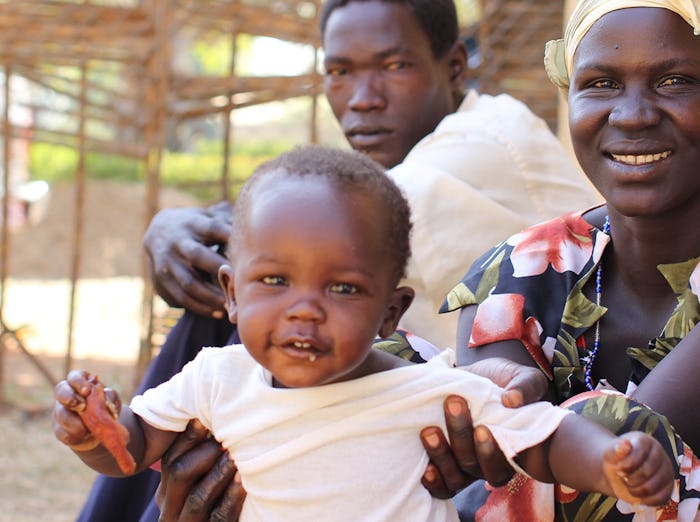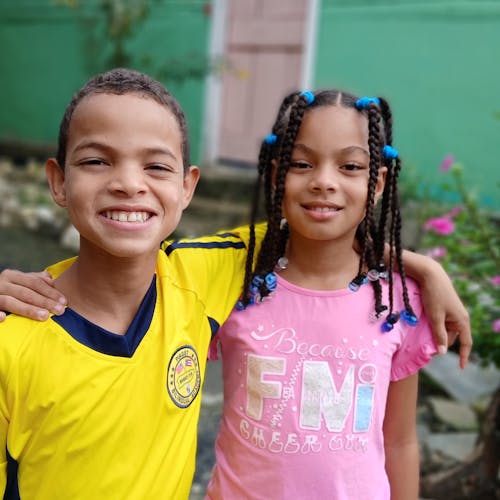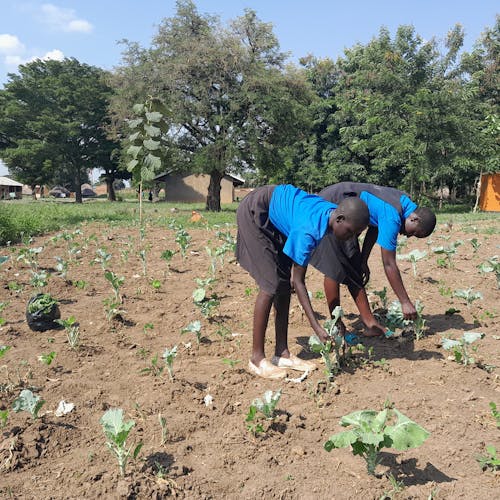COUNTRIES
Uganda
Uganda is a landlocked country in east Africa. It is bordered to the east by Kenya, to the north by South Sudan, to the west by the Democratic Republic of the Congo, to the southwest by Rwanda and to the south by Tanzania. Uganda is the world’s second most populous landlocked country after Ethiopia. The southern part of the country includes a substantial portion of Lake Victoria, shared with Kenya and Tanzania. Uganda is in the African Great Lakes region. Uganda also lies within the Nile basin, and has a varied but generally a modified equatorial climate.
COUNTRY FACTS:
- Capital: Kampala
- Population: 42.86 million
- Language: Swahili and English
- Bird-watchers from around the world flock to Uganda. It is home to 1,061 bird species
Our History in Uganda
In 1988, FH began working in Uganda with a focus on meeting the long-neglected physical and spiritual needs of prisoners and prison staff. In 1990, FH, in partnership with UNICEF, began a water and sanitation project in the northern districts of Apac and Lira. By 1992, FH was engaging in an agriculture program for the resettled herdsmen from Luwero who had been moved to the Mburo resettlement scheme in Western Uganda shortly after the war in the 1980s. Many children were orphaned by the war and living with family members or friends causing additional financial strain on the community. This gave rise to the child development program, which later extended to the Lira, Kitgum, Mpigi, Kapchorwa, Mukono, Mbale, Kumi and Soroti districts. Since then, FH has focused efforts on doing long-term development work with a focus on livelihoods, education, health and HIV/AIDS prevention, treatment, care and support.

Stories From Uganda


GRATEFUL YOUNG HEARTS
See what children are thankful for! Sometimes the most powerful lessons in gratitude come from children. Because in a world of wants, kids can remind us of what we really need. Renata, 9, (above) from the Dominican Republic, shares what really matters to her: “My little brother is the person

Young Women of Uganda: Empowering and Building a Brighter Future
Uganda’s young women face many challenges that inhibit their ability to remain in school and develop the skills and training necessary to positively and sustainably impact their futures. However, thanks to the support of donors who contribute to Strengthen Communities, those hurdles are being lowered, bit by bit. As a
